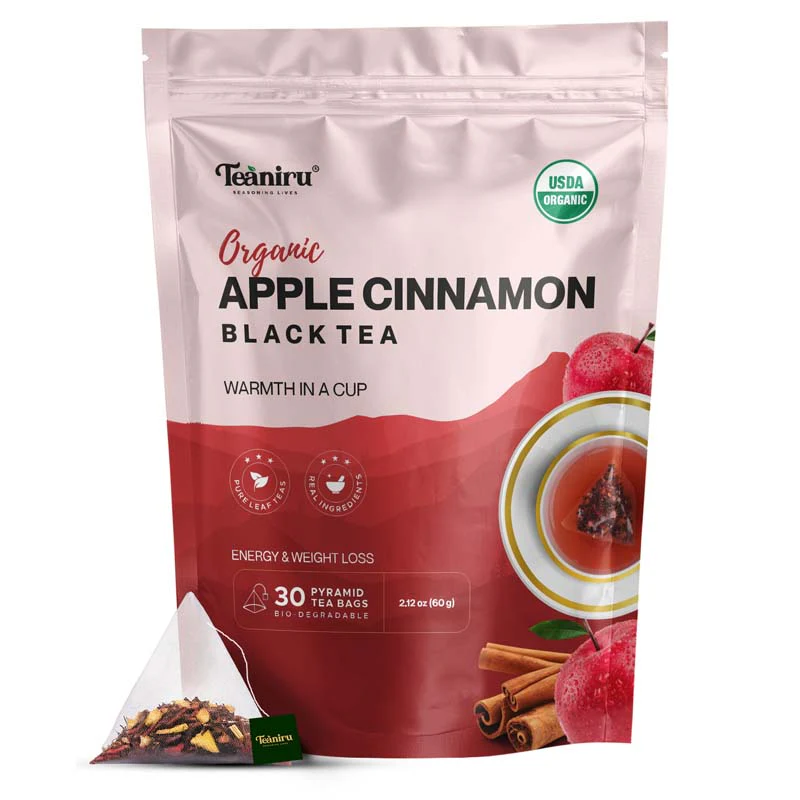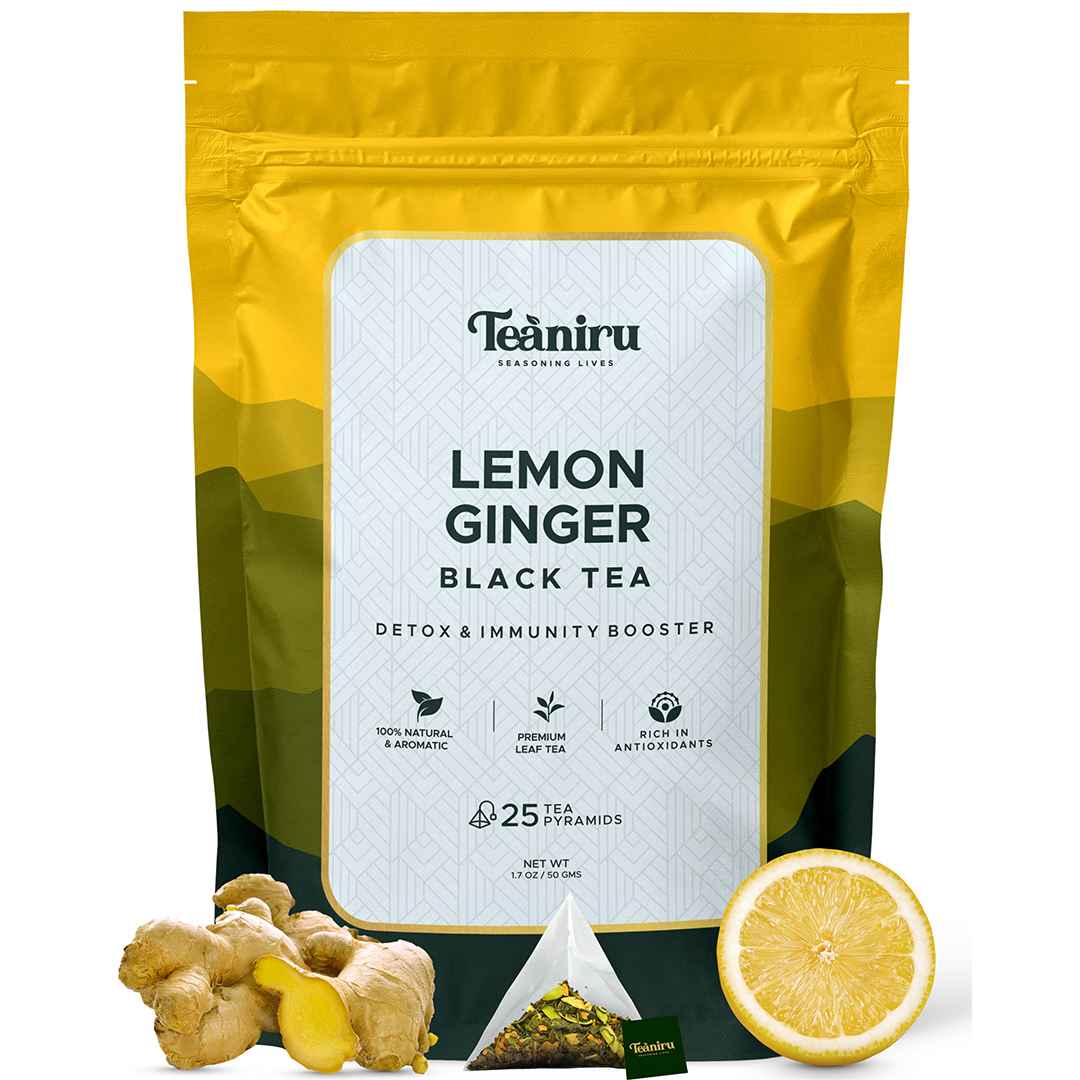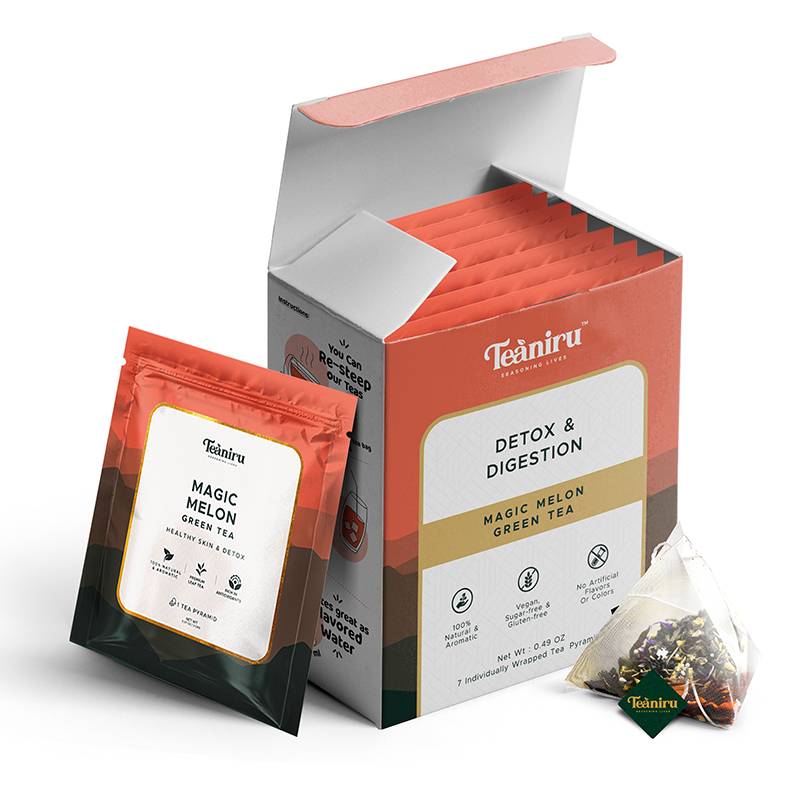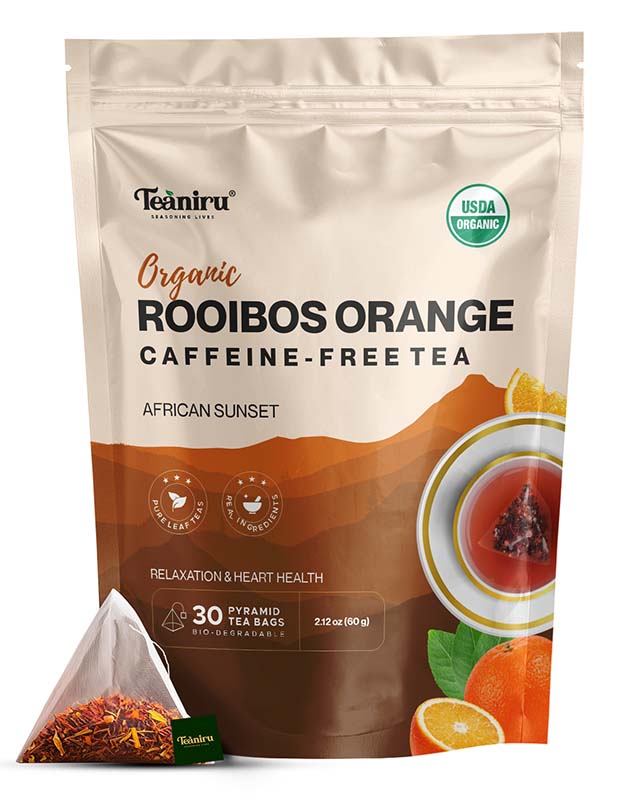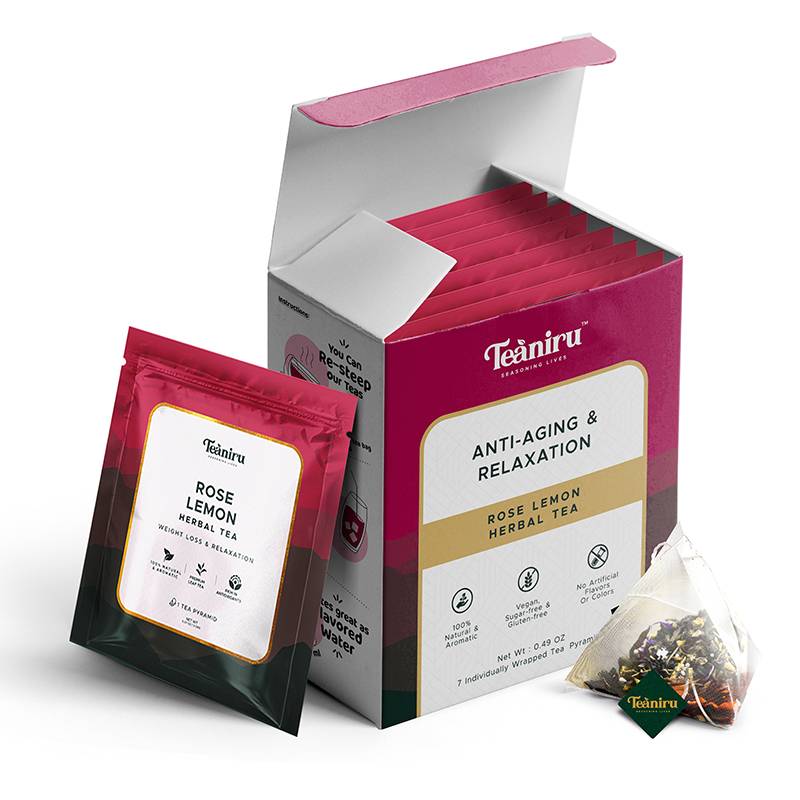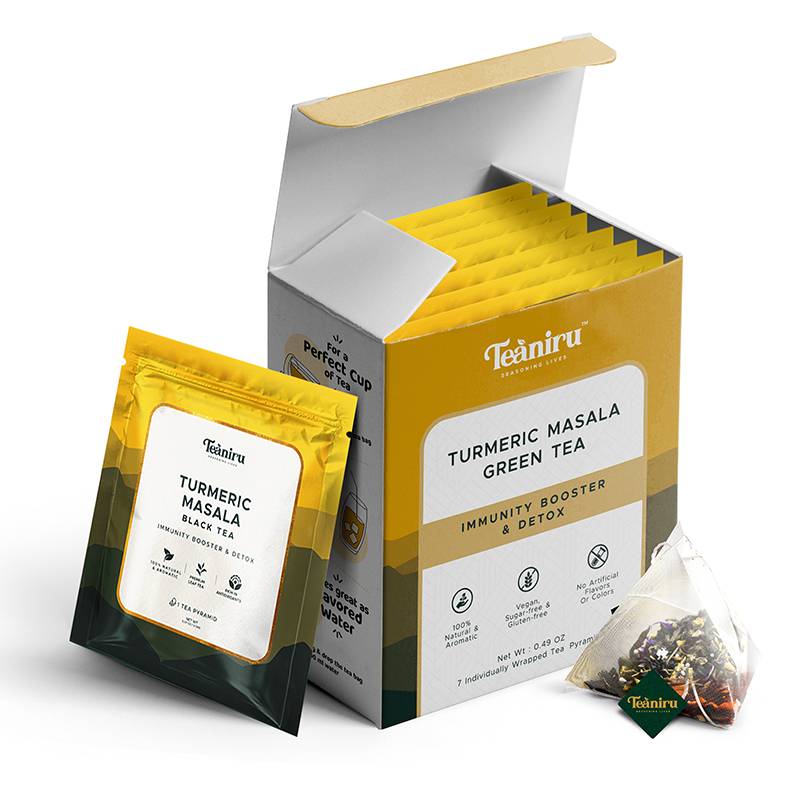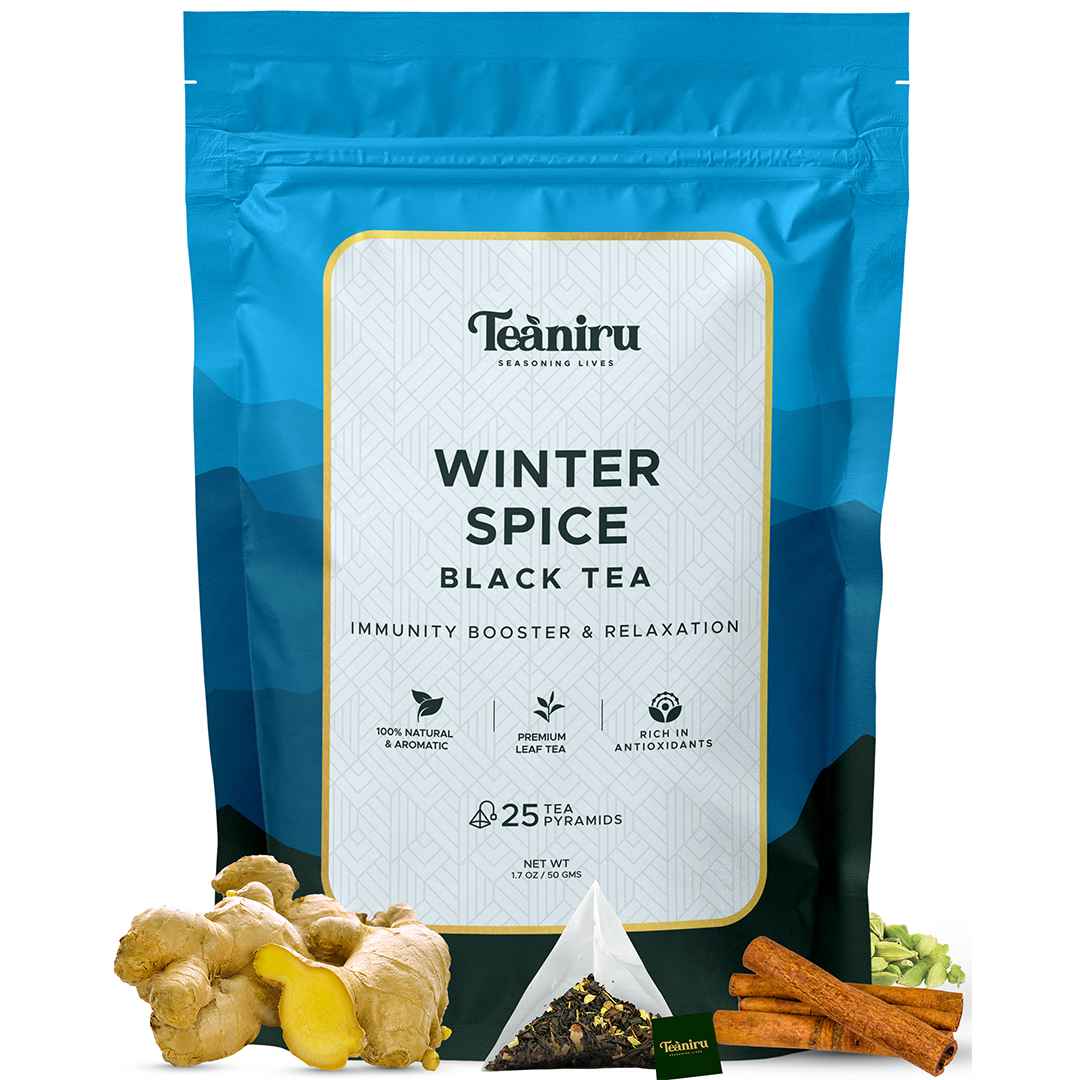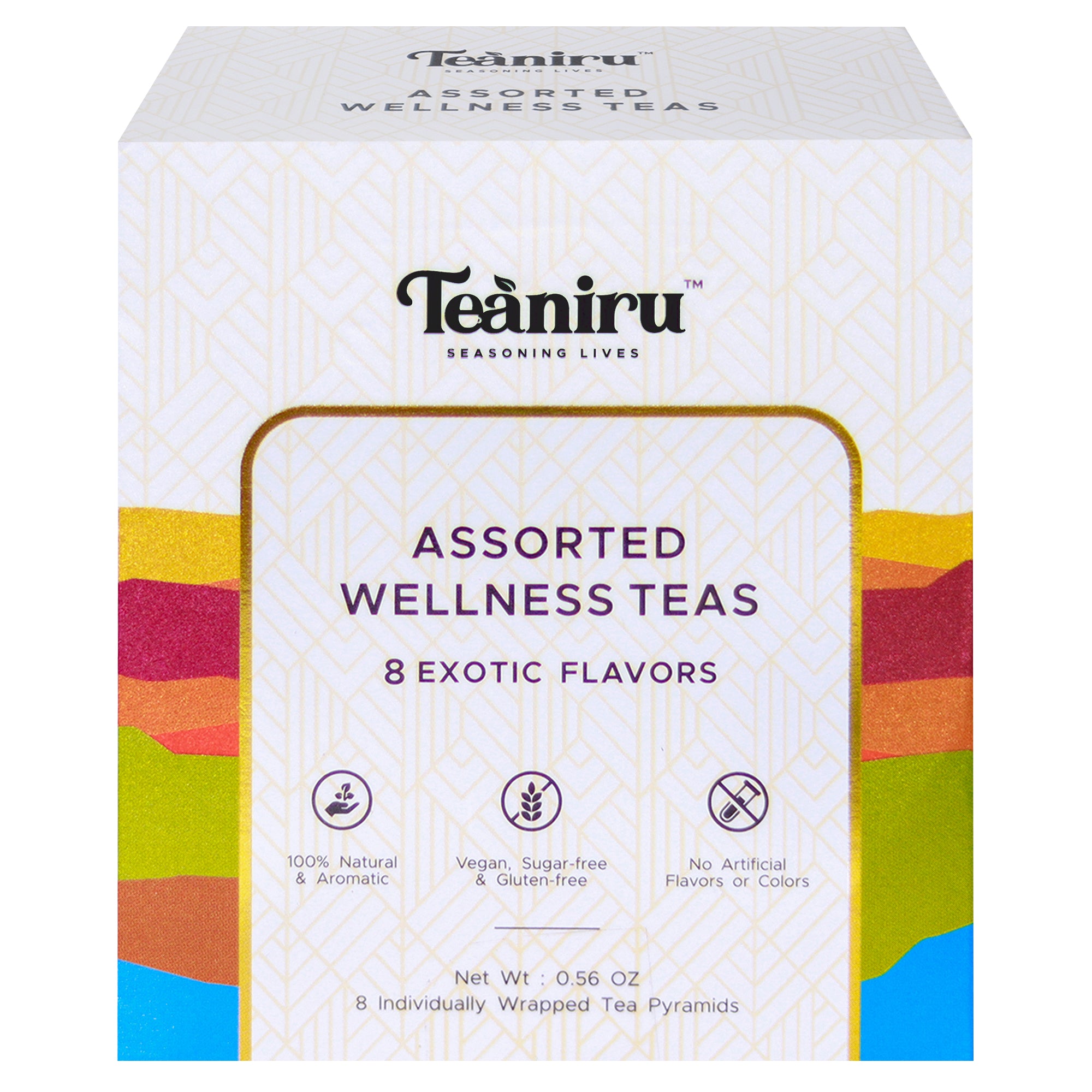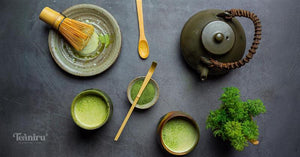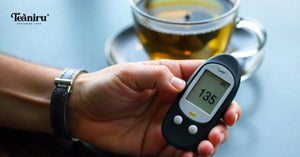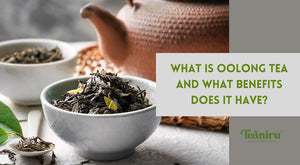You may also like
Undertones of spice and warmth, rich flavor, and a robust nutritional profile- yes, that is ginger! Ginger tea has been drunk for centuries for its myriad of health benefits and therapeutic properties. From soothing upset stomachs to boosting immunity, ginger is filled with nature’s healing properties. Originating from the tropical regions of Southeast Asia, the use of ginger as both a culinary spice and a medicinal herb dates back thousands of years.
History of Ginger tea
Ginger tea can be traced back to ancient civilizations such as China, India, and ancient Egypt, where ginger was prized for its medicinal properties and culinary versatility.
In China, ginger was known as “jiang”, and was considered a symbol of wealth and prosperity. It was often used in Chinese medicine, to treat issues like respiratory inflammation and digestive problems.
In India, known as “adrak wali chai” in Hindi, Ginger tea is a staple in many households.
Either taken after meals or right away in the mornings as a lemon ginger black tea, this has been used for a long time to boost immunity and digestive function. Not just India and China, but in medieval Europe, infusions of ginger were used to treat colds, flu, and to improve appetite.
Read on to know the health benefits of ginger, the main reason why it has earned a place of honour in various cultures around the world.
Ginger- A Nutritional Profile
Ginger has a rich nutritional profile packed with essential compounds like carbohydrates, fats, protein, Vitamin c, Vitamin B6, and Vitamin E. It also contains minerals like Potassium, Magnesium, Manganese, and some bioactive compounds that impart its rich flavor and aroma.
A Source of Vitamins and Minerals
Let us delve a little deeper into the benefits the vitamins and minerals in ginger possess.
Vitamins and minerals are essential to the body’s development and normal function. Vitamin C, for instance, helps the body absorb iron, maintain tissue health and heal wounds.
Meanwhile, vitamin B6 aids in the formation of red blood cells and the maintenance of brain function. Magnesium is involved in a lot of the body’s biochemical reactions, such as nerve and muscle function.
Anti-inflammatory Properties
Studies show that certain substances found in ginger can help decrease inflammation in the body. Cytokines are molecules that trigger inflammation and sustain it in the body.
The compounds found in ginger limit the production of these molecules. Also, these compounds help reduce the activation of genes that promote inflammation. When such processes are targeted, ginger helps in alleviating inflammation, thereby addressing various health conditions like arthritis, digestive disorders, and even some chronic diseases.
Nausea and Vomiting
Ginger tea is an amazing natural remedy for nausea and vomiting. Apart from the suggestions from numerous old remedies, studies also suggest that compounds known as Gingerol and Shagaol that are present in ginger can help alleviate symptoms of nausea and vomiting by acting on the digestive system and nervous system.
Ginger also helps in relaxing the gastrointestinal tract, thus lessening the urge to vomit. Furthermore, it helps neutralize stomach acids and promote digestion, easing the feeling of queasiness one gets after a heavy meal! The anti-inflammatory and antioxidant properties of ginger also help in soothing upset stomachs.
Digestion Aid
Ginger tea, along with digestion teas, is renowned for its role in aiding digestion. Here is how it does it.
Firstly, ginger tea stimulates the production of digestive enzymes in the stomach, pancreas, and small intestine. These enzymes help in breaking down food into smaller, more easily digestible molecules, facilitating the absorption of nutrients and preventing indigestion.
Secondly, ginger tea helps in promoting smooth muscle contractions. When there is efficient contraction of muscles, food moves effectively along the digestive tract, thereby reducing gas, bloating, and constipation. This property of ginger tea is known as the carnative property which means it can relax the muscles in the tract.
Finally, the anti-inflammatory properties of ginger tea also help in soothing and calming the digestive system.
Alleviating Menstrual Cramps
The anti-inflammatory properties of ginger tea help reduce the intensity of uterine contractions and also control the release of prostaglandin, the compound which causes menstrual pain. Ginger also has analgesic properties which help reduce pain.
The Bottom Line
Ginger emerges as a versatile and effective remedy for various ailments, reach out for a cup of ginger tea! Some people like adding lemon to it and brewing a cup of lemon-ginger tea, whereas some like adding honey to their warm ginger infusion. consider reaching for a comforting cup of ginger tea to ease your troubles and promote well-being.
